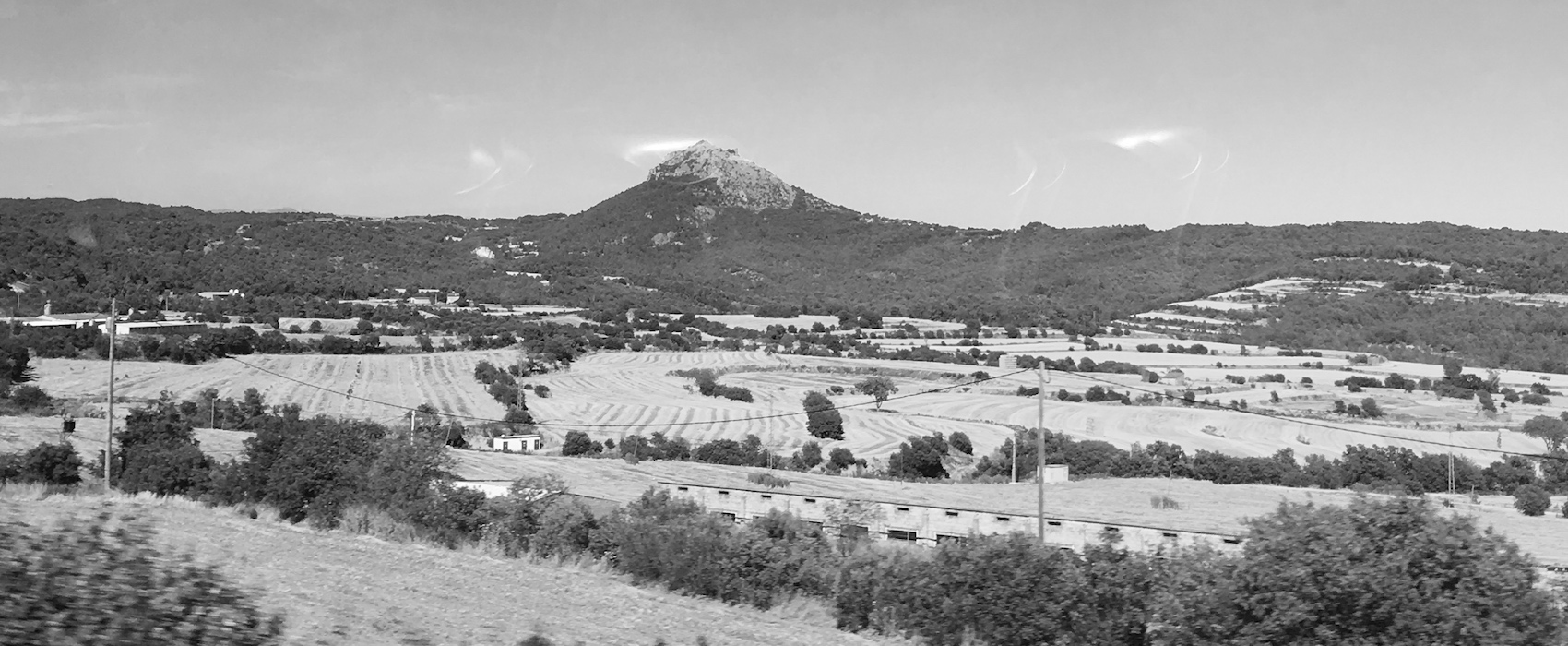One thing that has been hit home to me again and again since losing Mark is the power of ‘I’. My choices are important. I know that each step of the way, each choice I’ve made has helped to construct a new identity within the new reality that is emerging. I didn’t particularly want either, but something within is determined to continue to choose and to keep going nonetheless.
A powerful realisation is that I have to decide what I want and then work out how I am going to make it happen. It seems obvious perhaps, but before now, without fully realising it my approach was closer to something like wishful or wistful thinking.
I’ve become interested in existentialism and have begun picking my way through some of the misapprehensions and assumptions about what it is to find out more about its essence. I’m reading Sarah Bakewell’s At The Existentialist Cafe, which begins by examining the appeal of the philosophy in post war years. Bakewell tells a story of Jean Paul Sartre’s about a former student who approached him during the Occupation asking him whether he should remain at home in France and take care of his mother, or instead join the resistance.
Sartre listened to his problem and said simply, ‘You are free, therefore choose – that is to say, invent. No signs are vouchsafed in this world, he said. None of the old authorities can relieve you of the burden of freedom. You can weigh up moral or practical considerations as carefully as you like, but ultimately you must take the plunge and do something, and it’s up to you what that something is.
…
the point Sartre wanted his audience to get was that each of them was as free as the student, even if their predicaments were less dramatic. You might think you are guided by moral laws, he was saying to them, or that you act in certain ways because of your psychological make-up or past experiences, or because of what is happening around you. These factors can play a role, but the whole mixture merely adds up to the ‘situation’ out of which you must act. Even if the situation is unbearable – perhaps you are facing execution, or sitting in a Gestapo prison, or about to fall off a cliff – you are still free to decide what to make of it in mind and deed. Starting from where you are now, you choose. And in choosing, you also choose who you will be.
Existentialism is often characterised as individualistic and nihilistic, but, as Bakewell points out, Sartre did not absolve people of responsibility towards others, instead suggesting a need to keep making decisions:
He heightens this anxiety by pointing out that what you do really matters. You should make your choices as though you were choosing on behalf of the whole of humanity, taking the entire burden of responsibility for how the human race behaves.
The promise of freedom and authenticity that Sartre’s existentialism held out would have been particularly appealing in the aftermath of the Second World War, when people knew that their fellow humans were “capable of departing entirely from civilised norms”.Whatever new world was going to arise out of the old one, it would probably need to be built without reliable guidance form sources of authority such as politicians, religious leaders and even philosophers – the old kind of philosophers, that is, in their remote and abstract worlds.
Existentialism is often characterised as pretentious and introspective, but in the 1940s, when the war had ended, Sartre was challenging people to decide what kind of world they wanted, and make it happen, says Bakewell:
Nothing stops us but our own free choosing, if we want to survive, we have to decide to live. Thus, he offered a philosophy for a species that had just scared the hell out of itself, but that finally felt ready to grow up and take responsibility.
Existentialism seems tied to the Europe that emerged after the Second World War, characterised as it was by social democracy and individualism. But Sartre’s challenge about how we use our freedom in relation to society seems relevant today, as those certainties are crumbling. Sartre emphasised the importance of the ‘situation’ out of which we act urged people to use their freedom well in constructing a new order. Could existentialism help us again?

Leave a Reply
You must be logged in to post a comment.